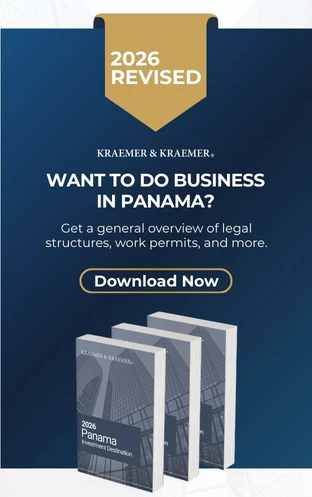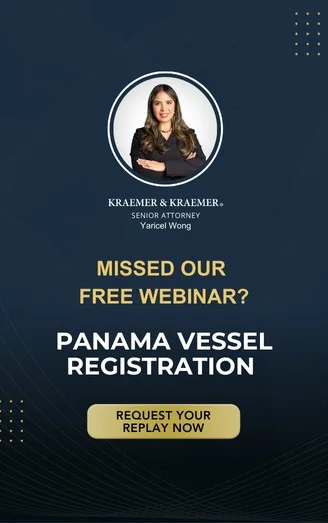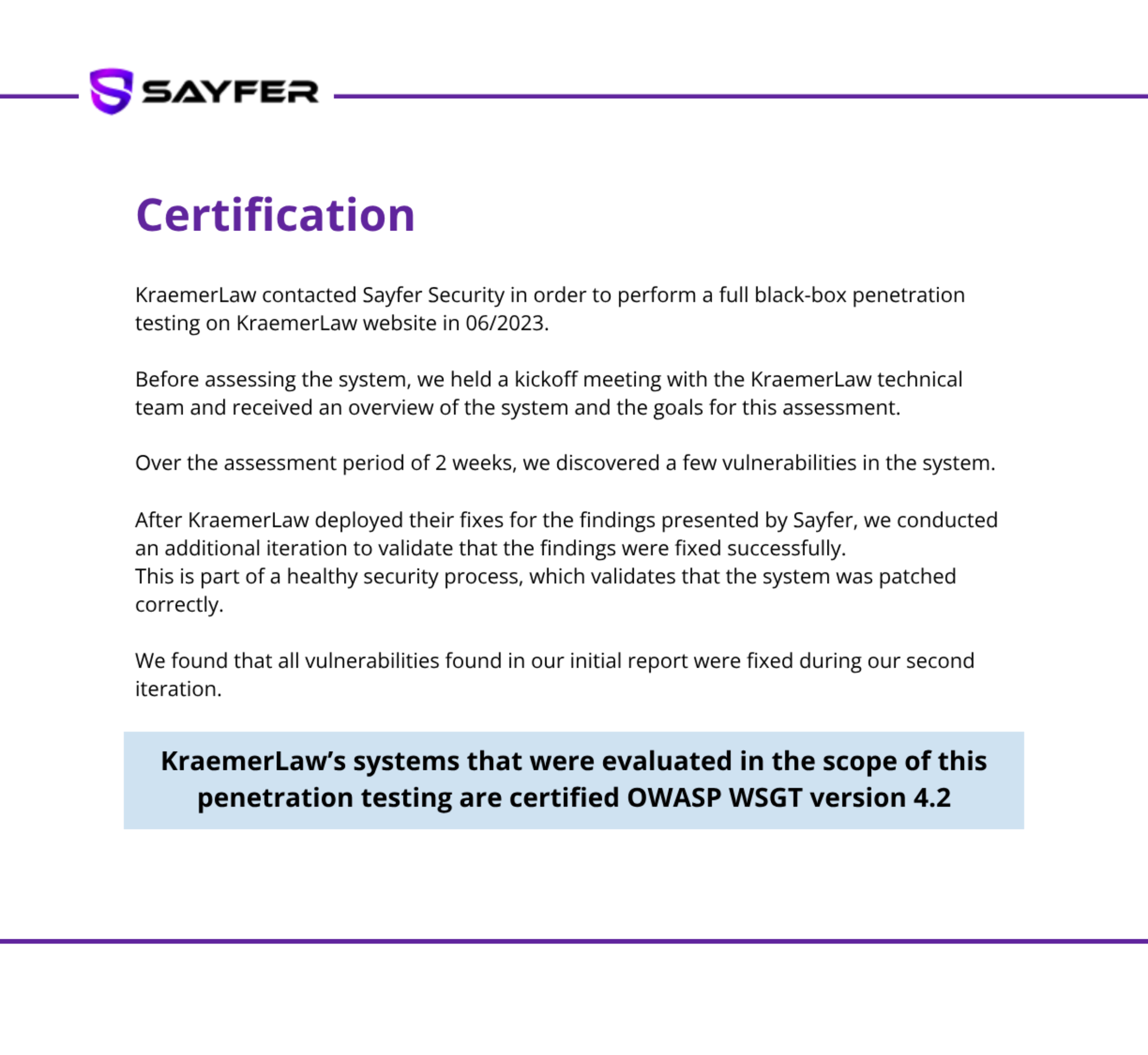Panama is a sovereign nation located in The Americas, bordering Costa Rica and Colombia, home to a large banking district, The Panama Canal, and the Colon Free Trade Zone to name a few key facts. With such diversity in investment opportunities increases the risk of illegal funds entering the country and jeopardizing the sovereignty, specially through entities.
Diverse laws have been put in place to deter and reduce these risks as much as possible, this article covers many of them and by the closing lines you will have a better understanding of the criminal responsibilities of entities in Panama.

Are there any criminal or administrative regulations that convict legal entities and/or their managing directors/officers if they commit certain offenses?
Currently, there is no regulation in the Republic of Panama that correctly regulates the Criminal Liability of Legal Entities. Most cases are subject to the interpretation of Article 51 of our Criminal Code (Law 14 of May 18th, 2007) which states as follows:
“Article 51. When a legal person is used or created to commit a crime, even if it does not benefit from it, any of the following sanctions shall be applied to it:
- Cancellation or suspension of the operation license or registration for a term not exceeding five years.
- Fine for not less than five thousand dollars (US$5,000.00) nor more than twice the amount of the injury or the patrimonial benefit received illegally.
- Total or partial loss of tax benefits.
- Disqualification to engage contracts with the State, directly or indirectly, for a term of no more than five years.
- Dissolution of the company.
- A fine of not less than twenty-five thousand dollars (US$25,000.00) nor more than twice the amount of the injury or the benefit received in case the legal person is used for drug purposes.”
Additionally, Article 97 of the Code of Criminal Procedure (Law 63 of August 28th, 2008) states:


“Article 97. Charged Legal Person: In the cases involving entities, the notification that the company is being investigated and possibly charged in a criminal procedure, the notification, and any precautionary measure shall be made to its President or Legal Representative.
The President or legal representative of the entity shall exercise, on its behalf, all the rights and guarantees corresponding to it. The rights and guarantees that correspond to the corporation.”
This lack of regulation in the Republic of Panama, has allowed the free investigative criteria of the Public Prosecutor’s Office to criminally prosecute natural persons who are usually directors or officers of legal entities for acts that could correspond individually or jointly to the corresponding legal entity owners or specific officers involved.

For administrative offenses, in most cases, is the resident agent who is subject to the sanctions for the non-compliance of the policies, since they are the regulated agents who should guarantee that the entity complies with the AML (Anti Money Laundering) procedures and provides the information that should be on records for the authorities. Nevertheless, these sanctions could directly affect the entity as the sanctions could be fines or even the suspension of the legal rights of the entity.
For questions regarding managing your risk be sure to contact Kraemer & Kraemer, our expert team can assist.






